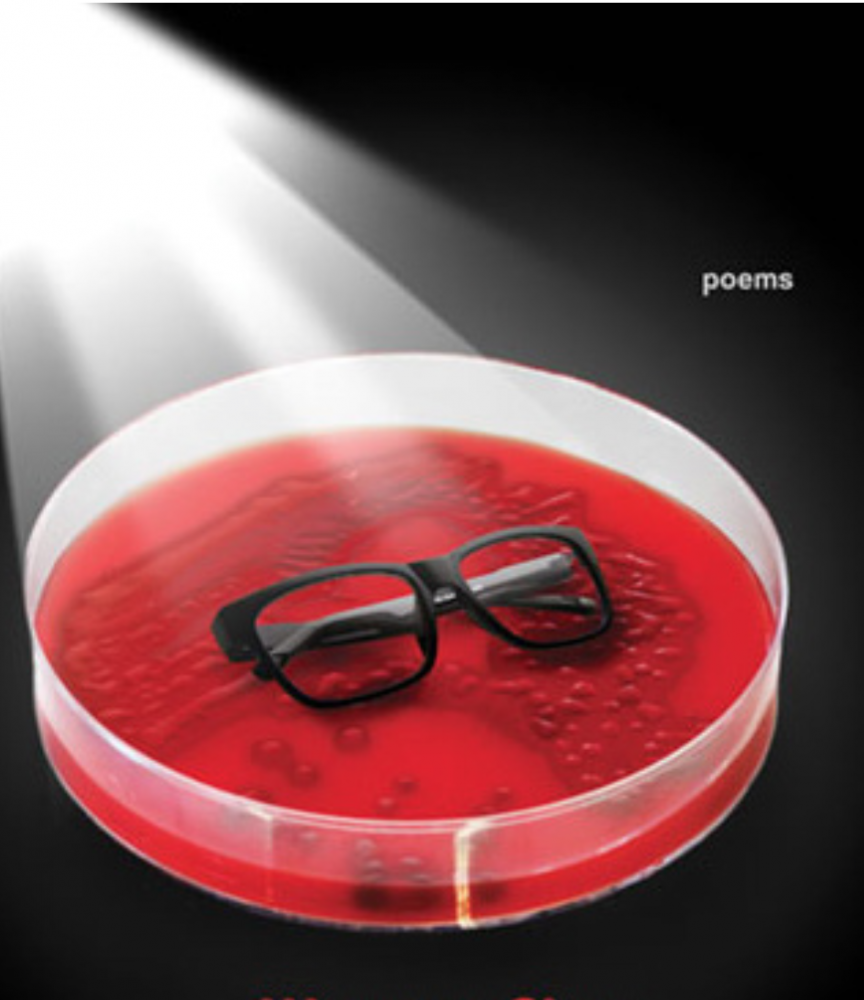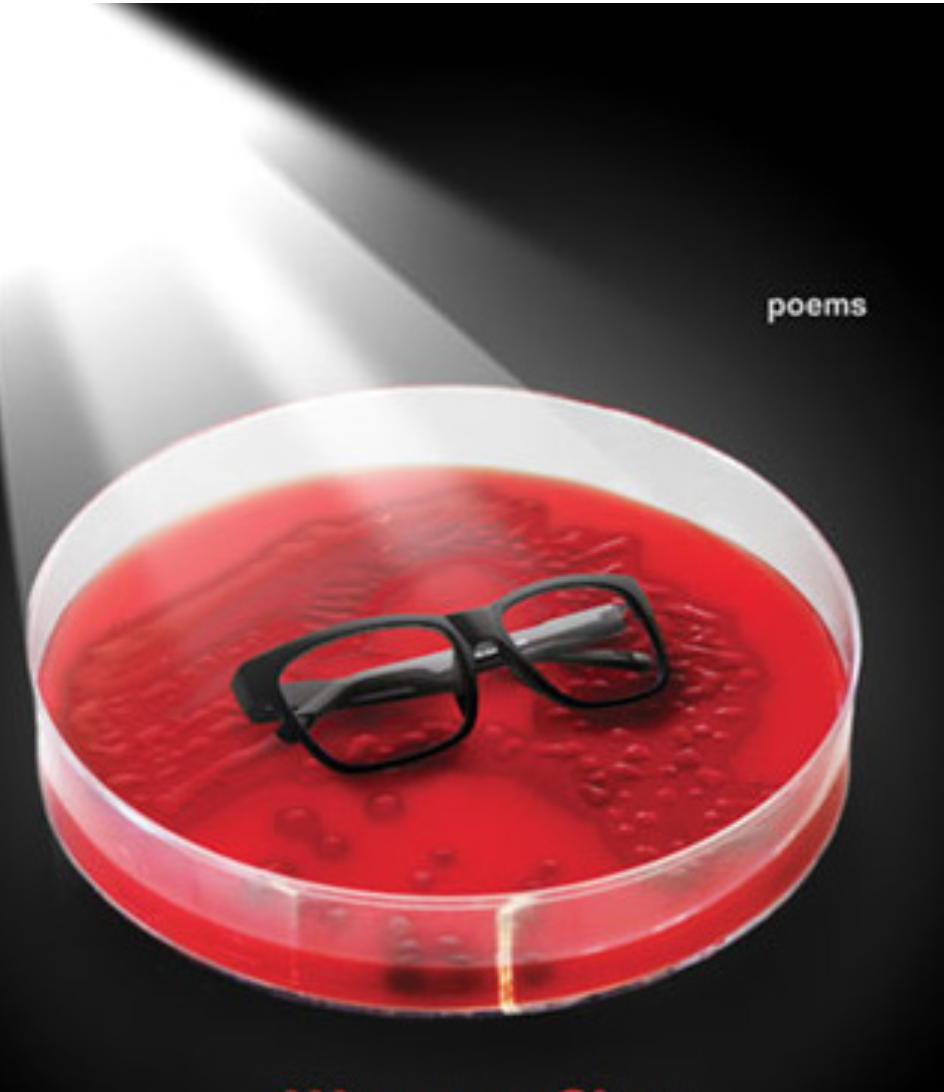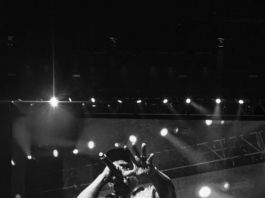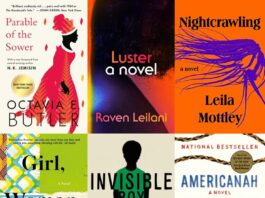By Martin Castro (The Cascade) – Email

Perhaps more so than any other genre when it comes to written work, poetry is the hardest to pick apart, critique, and take in with a critical eye. Mostly because it’s so unbounded by conventions. There’s a freedom to poetry that contemporary narrative prose, for example, isn’t afforded. Normal sentence structure goes out the window, or at least it can, if the writer wants it to. Certain words are emphasized more heavily than others. The focus isn’t always (or even most of the time) on a broad narrative but rather on a moment, or a concept.
At least, that’s how it is in the type of poetry Weyman Chan is writing. We get only what is absolutely necessary, what adds to the image being presented. The end result is economic, vivid, and clear.
Or at least it should be.
I really wanted to like the poetry in Human Tissue. And some of the poems within the collection did stand out as being clearly-presented introspections of Chan’s into his own upbringing and the formation of his cultural, sexual, and individual identity. These poems, ones which explore in detail the intricacies of Chan’s (or a persona’s) own formative experiences, are there throughout the collection.
But more often what Human Tissue offers us is something more akin to free association, which is interesting visually — the images we conjure up while reading are distinct and clear, but they go nowhere, they’re unconnected. And I’m talking about images within one poem, not those ranging throughout the collection.
If anything, the poetry within Human Tissue is oversaturated with images and details which I’m not convinced are warranted. The biggest problem I had while reading the collection was Chan’s penchant for starting out with a vivid image, only to abandon it halfway to completion for another, just as seemingly vivid, but also incomplete, before doing the same again.
And then I started reading the collection differently. I read out loud, and focused more on the tonal qualities of the work presented rather than its meaning.
Chan throws words at each other and they clash, rebounding and freezing in mid-air, so that when read, Human Tissue seemed to be more of a collage, impulsive and immediate, than it is a meditation, precise and economic.
But if the poetry within Human Tissue is only meant to sound interesting, and not to actually present me or any other reader with anything of value, no clear exploration of anything other than the poetry’s own aesthetic, then it seems kind of unnecessary.
Other than being vaguely interesting, and at times (again few and far between) refreshingly candid, Human Tissue didn’t leave any lasting impression on me other than sounding interesting, when upon further inspection, it wasn’t interesting, just convoluted.
I’m sure some of you might enjoy this more than I did, and I can certainly appreciate what Chan tried to do with Human Tissue, but in my opinion, the content found within this book is just as messy and unfiltered — like how we might consider the tissue found within our bodies.
That would be a compliment if I thought Chan had orchestrated the collection to reflect that sentiment, but I don’t think he did.




